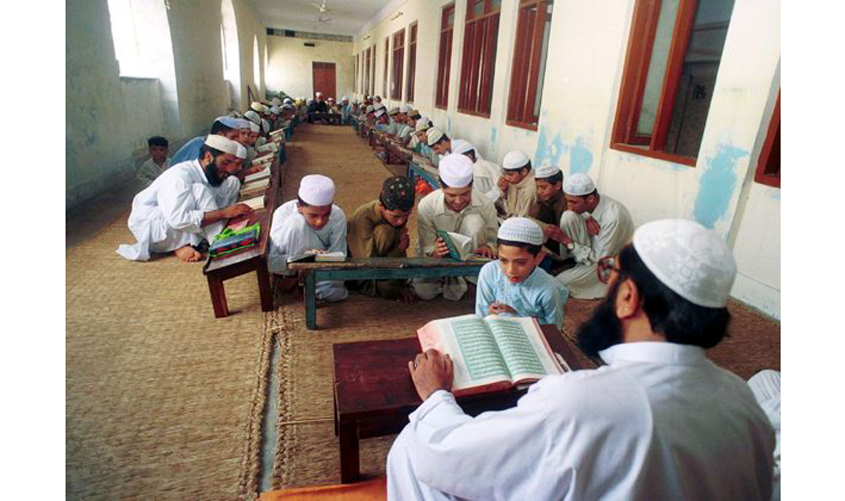Indian security agencies have stated that they are not considering any plan to “geo-tag” madrasas or religious seminaries in India, similar to what Pakistan has done under its recently crated anti-terror policy.
The Pakistan government, after the December 2014 terror attack on a school in Peshawar, had established the National Action Plan to tackle terrorism, under which, one of the major components was to geo-tag madrasas as they were seen as a major platform used by the terror groups to support and promote terrorism in the country.
As per the latest data released by the Pakistan government, all the 13,798 madrasas of the Punjab region of Pakistan, which includes Lahore, Gunjranwala, Rawalpindi, Sargodha and Bahwalpur from where Maulana Masood Azhar’s Jaish-e-Mohammad functions, have been geo-tagged. Out of this, at least close to 300 were found to be involved in terrorism activities in Punjab region.
Due to geo-tagging, the Pakistani law enforcement agencies have been successfully able to identify the seminaries which are promoting terrorism and differentiating them from those who are serving the cause of religion.
Under the geo-tagging, the data of a particular seminary, including latitude and longitude coordinates, bearings, distance from landmarks are collected and stored by the government agencies, as a result of which “ghost madrasas,” which exist only in government books but receive foreign funding and serve as a revenue source for terror, can be easily identified.
Security experts say that geo-tagging can help government agencies in monitoring movements, prepare themselves in case of an operation by taking the data generated by geo-tagging into account etc. “Geo tagging captures, stores, checks and displays data related to a particular building or an area and it is now increasingly being used in anti-terror operations as maps are the most critical element for monitoring movements and help in communicating with ground operations forces”, a senior official with the security establishment said. There is no official record of how many madrasas are there in India, with numbers ranging from 40,000 to 70,000, with many of them that have come up on the border areas, especially Nepal-Bihar, West Bengal- Bangladesh being “run” without any verification.
“We have no such plans (geo-tagging of madrasas in India) similar to what Pakistan has done. This is a policy decision that needs to be taken at the top. However, geo-tagging will definitely help us from separating the genuine ones from the fake ones”, the senior official quoted above said.
utely aware of the intensely competitive political environment, it is important that this idea of recall is not hijacked by vested political interests. I have, therefore, included a proposition that 75% of the voters who have voted for a particular candidate have to write in and request that the candidate be recalled.”
“The idea behind this initiative is that no political representative should be treated as sacrosanct. Everybody should not just hold themselves to a higher standard, but to a ‘higher public standard’. There have been examples when mid-tenure representatives have been accused of multiple murders, rape, and widespread corruption. All the public could do was to sit as a mute witness, until the end of their tenure. The time has come when we must put more power in the hands of the people,” Varun told this correspondent.

